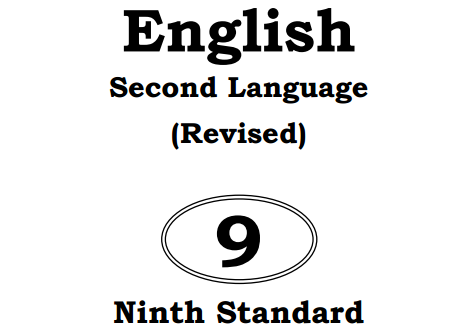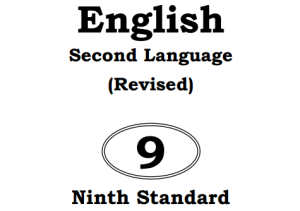In comparison to other topics, students generally consider English to be the easiest paper and invest less effort in studying for it. This is foolish because the English score has an impact on the overall score. It is one of the mandatory subjects, and many Indian universities consider English scores for admitting students to undergraduate programmes.
The majority of students prepare for their English exams only a few weeks before the exam date! This problem must be addressed. Rather than disregarding this subject, one should begin preparing for it as soon as possible.
There will be numerous benefits to doing so. First and foremost, it will lighten the load. Starting early ensures that only a small portion of the subject is covered at a time. When a student begins studying late, he or she will be forced to cover a large chunk of the material in a short period of time. This causes unnecessarily high levels of stress. Most students crumble under pressure and become depressed. This has a negative impact on exam preparation and results in low grades.
The majority of kids struggle with English Grammar classes. As a result, they tend to overlook it. Rather than ignoring it, confront it and work on your flaws. Wren & Martin is a fantastic book that can help you improve your grammar skills.


When a kid is having trouble understanding something, he or she will usually mug it up. Students, especially in English classes, have a tendency to memorise answers and complete essays! This, in my opinion, is not a good thing.
Mugging up is merely a short-term fix. It may also prove to be harmful in the long run! Simply memorising facts could lead to one forgetting them during an exam, when one is normally under pressure. To keep that jumbled-up information in your head, you’ll need to revise frequently. In a nutshell, it’s a task that takes a long time and involves a lot of effort.
Rather than memorising stuff, why not strive to grasp the language’s basics and fundamentals? Improved vocabulary and grammar, for example, will make it easier to compose sentences. This will assist you in writing effective essays and responses on your own!
Writing a letter, an essay, etc. When it comes to the areas indicated above, pay great attention to formatting.
Maintain a neat and tidy handwriting style. Use bullet points, paragraphs, and spacing effectively. In the answer sheet, use basic words. Don’t make things more difficult! All of this can be accomplished by honing your writing abilities.
Many times, students are pressed for time, and as a result, they are unable to fully respond to all of the questions. Working on time management can help you overcome this. Move on to the next section if you can’t deal with a certain section well. In the end, you can try that left-over piece again.
Sections of the paper and how to tackle them
Unseen Passage: Unseen passage is one section where you can get a lot of points. Take a quick look at the questions connected to the passage before you start reading. Now go back and read the passage again, underlining any lines or phrases that match those in the questions. This will assist you in writing responses more rapidly, allowing you to save time. Practice last year exam papers and sample papers to prepare for unseen portions.
Writing Section: Remembering the format for letters, essays, and other types of writing is the one single mantra for acing the writing part. These questions are frequently worth ten points. A good strategy to handle such questions is to make a basic sheet/section outlining the areas you should address in your answer. Follow the word count specified in the question. Writing a longer response will not earn you extra points. So just try to condense all of your ideas within the allotted word count.
Grammar: The only method to improve your grammar score is to practise as much as possible. This is an area where many students fall short. As many sample papers as you possibly can. Also, try chapter-specific questions to help you focus on certain areas like tense, voice, and speech.
Literature: The most intriguing component of the question paper is the literature section. Read all of the chapters thoroughly, paying great attention to the explanatory notes for the poetry. If you’re having trouble understanding poetry or narrative, get assistance from seniors or teachers, but make sure you grasp each chapter. Make sure you don’t mix up the names of the characters with the authors. Sample Papers for CBSE Class 9 English Language and Literature must also be solved for a proper grip on the subject.
Write neat and precise answers: This is the most crucial element to remember. When writing exam responses, try to use your best handwriting. Also, while writing essays or letters, make sure your responses are precise. Do not equivocate; present your points clearly and in a logical order.
Some tips for scoring better in the exam
- To reduce grammatical errors, practise writing essays and responses on a regular basis.
- Read one chapter per day and jot down your thoughts on the issues that are most important to you.
- To improve your pronunciation and vocabulary, read the chapter aloud.
- Prepare a list of poets and authors’ names in the form of notes or cards.
- Read the stories several times to get a better understanding of the details.
- For test preparation, use NCERT books because most of the questions are based on the same reference.
- Have a proper study schedule that will help you with your preparation.
- Make sure you enjoy the subject and not just study for your exam.
- Set aside time to study each portion, and do not begin a new chapter on the exam day.
Read Also